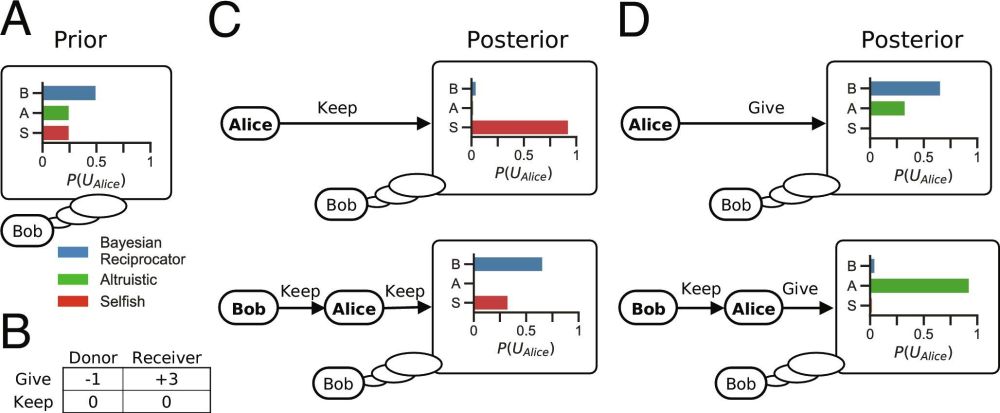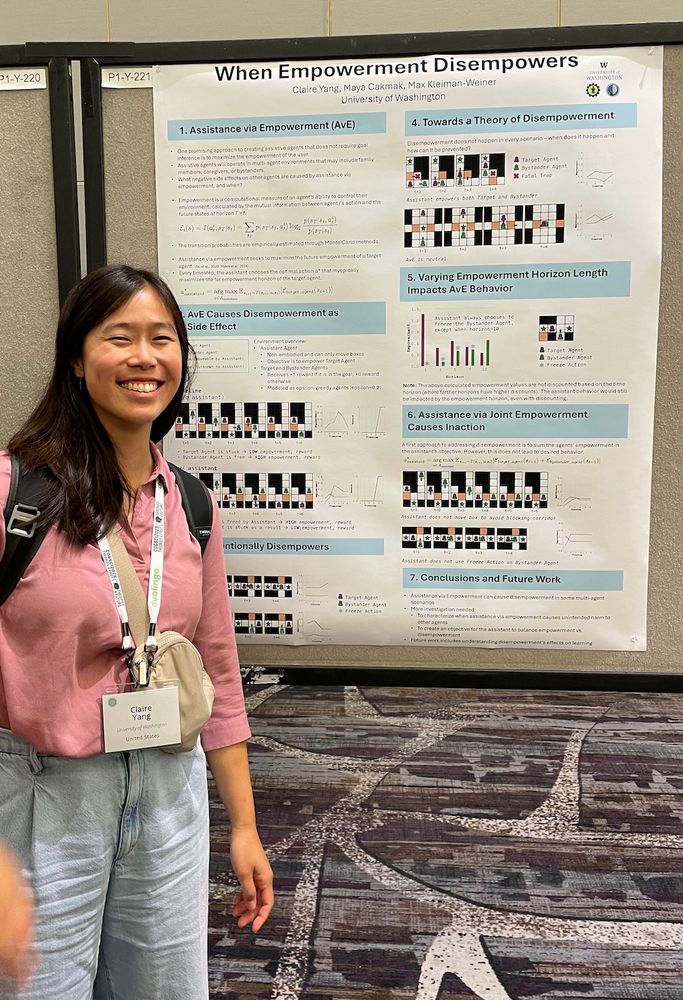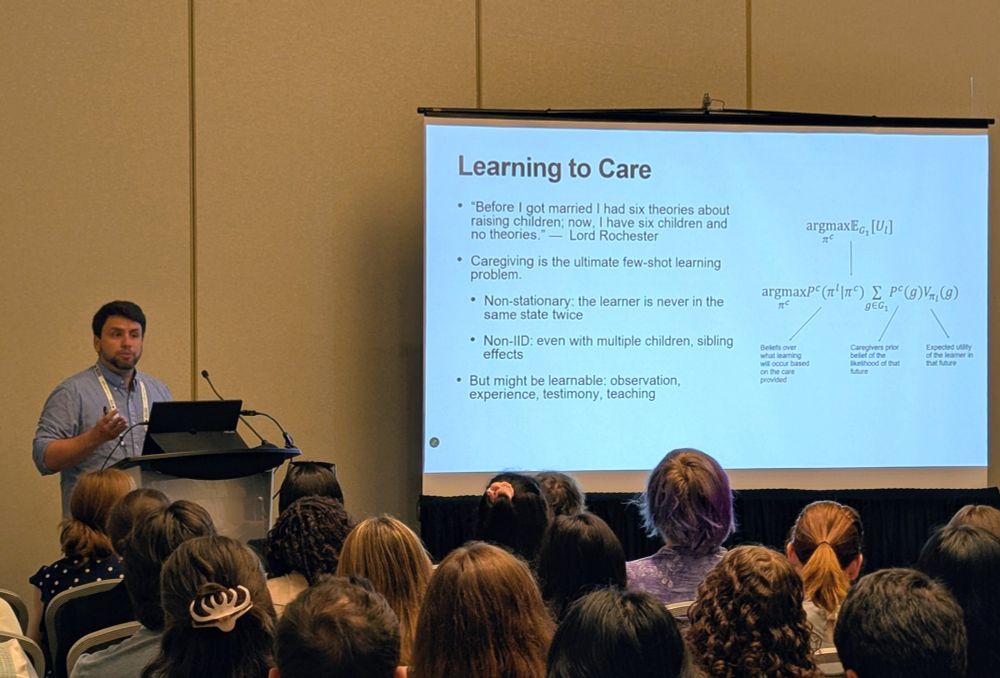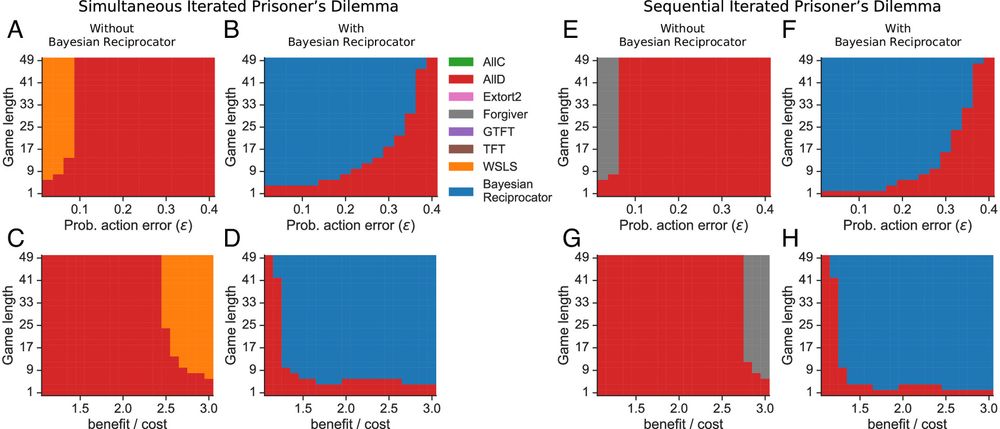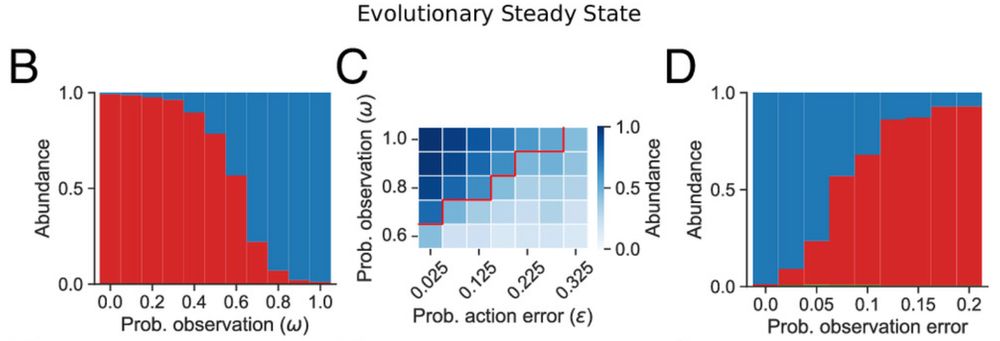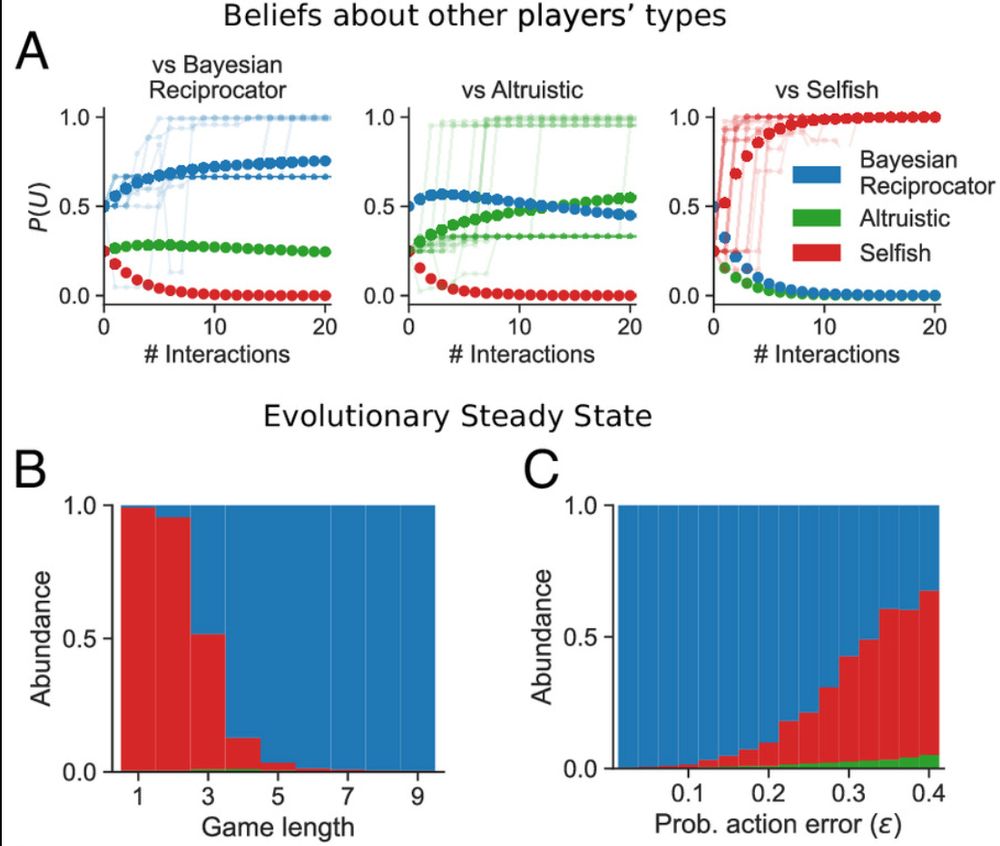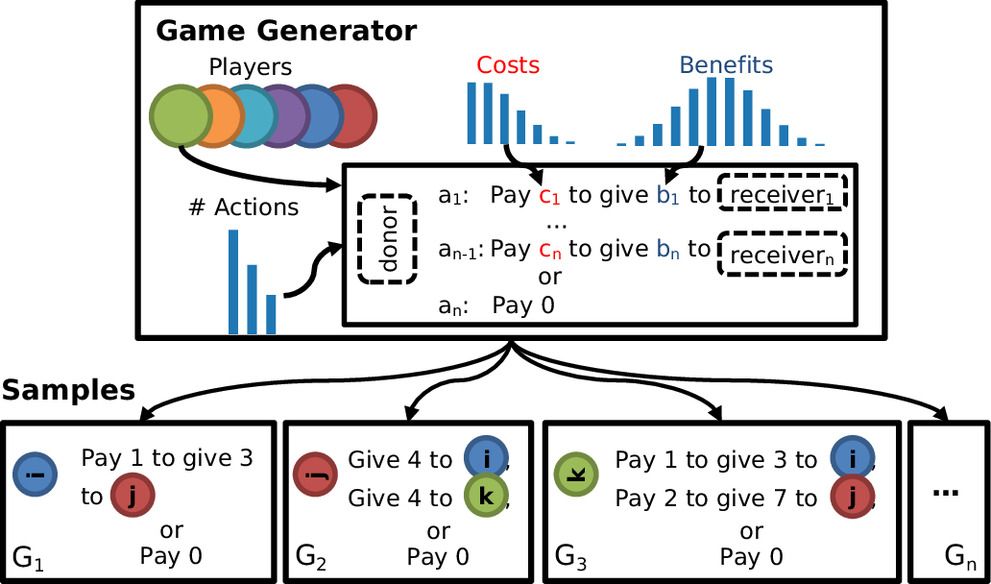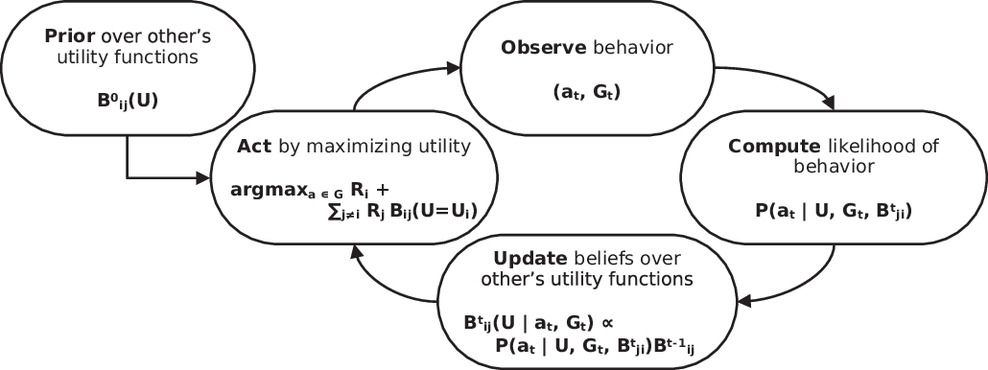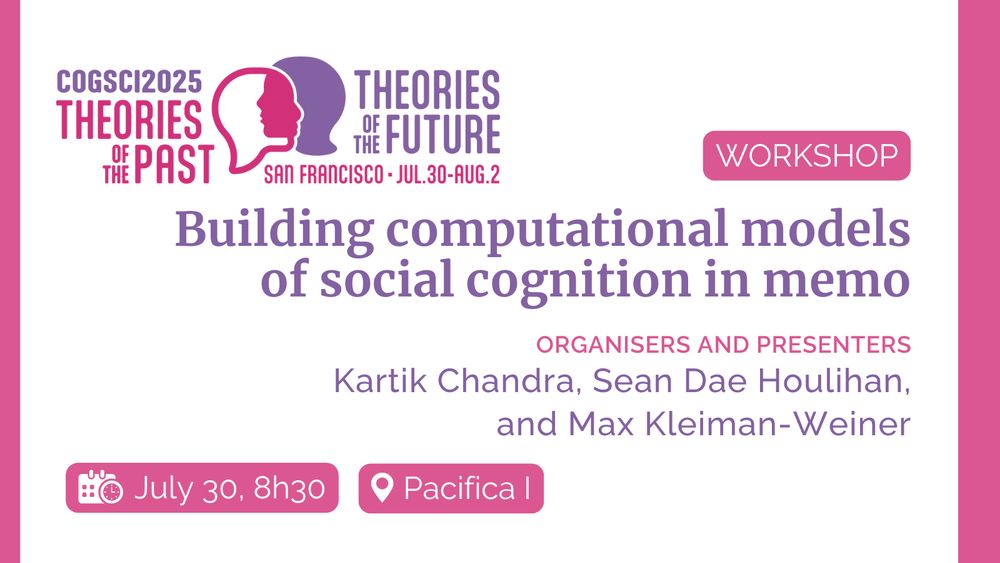Max Kleiman-Weiner
@maxkw.bsky.social
4.2K followers
370 following
430 posts
professor at university of washington and founder at csm.ai. computational cognitive scientist. working on social and artificial intelligence and alignment.
http://faculty.washington.edu/maxkw/
Posts
Media
Videos
Starter Packs
Reposted by Max Kleiman-Weiner
Reposted by Max Kleiman-Weiner
Max Kleiman-Weiner
@maxkw.bsky.social
· Jul 31
Reposted by Max Kleiman-Weiner
Max Kleiman-Weiner
@maxkw.bsky.social
· Jul 22
Max Kleiman-Weiner
@maxkw.bsky.social
· Jul 22
Reposted by Max Kleiman-Weiner
Kartik Chandra
@kartikchandra.bsky.social
· Jul 18
